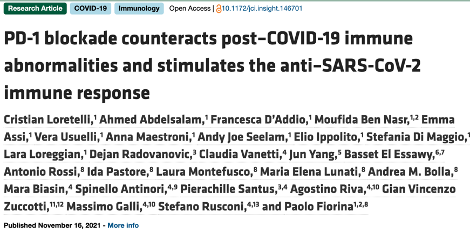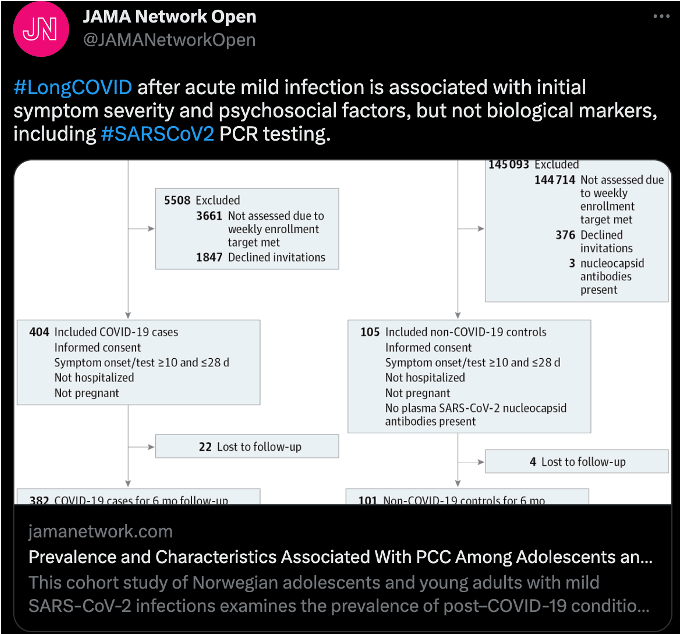What kind of Beast is Long Covid?
What is Long Covid? The national academies of science in the USA seek to refine the definition. Suffice it to say, every organ system in the body has the potential to be infected by SARS Cov 2 thanks to the Ace2 receptor.
There is a nephrological impact, a cardiological impact, a neurological impact, a hematological impact, an immunological impact, an endocrinological impact, a gastroenterological impact, and so on. We could regard Long Covid as a 7-headed beast.
Forgive me for the melodrama, but this is a plague. And certainly, the beast of Long Covid rode on the wings of a bat from a deep, dark, cave. There is a mythological quality to it.
However, Long Covid is hardly a myth. It’s responsible for a great deal of economic strife in the USA and the UK because sadly, people can’t simply bounce back from a SARS infection after 5 days. Indeed, even several months later, their immune systems still haven’t bounced back.
Unfortunately, there has been an abundance of research into Long Covid that has not been fruitful. These are often touted by people set on proving Long Covid does not exist. It does, and there are good ways of observing it.
Let’s unpack the consequences of infection: Inflammation at the site and the immune system, then healing. Fibrosis and cell death where all this occurred. But what if the problem remained? Indeed, there is evidence of an ongoing problem seen in the immune system; a lack of return to baseline, and cell turnover and chronic activation. This is presumably because some insult remains. Several publications note persistent viral proteins and RNA, including in the tonsils of asymptomatic children.
How does this continued activation occur? SARS Cov 2 has methods of persistence. It has proteins that help it hide from T cells.
Other than the change to the immune system in Long Covid, there is persistent Viral Spike in people that have long covid and not in the people who had covid but do not have long-term symptoms.
Interestingly as well, there is also a degree of T cell exhaustion following Covid and seen in Long Covid by Iwasaki’s group.
And of course, there is a lack of unactivated naive T cells in Long Covid.
But let’s say one had covid and then, due to covid, had a new autoimmune condition? This is more than possible because covid infection can reprogram T cells that once were responsible for quelling autoimmunity into causing it. Would the person of a new diagnosis of Lupus or Rheumatoid arthritis due to covid also qualify as having Long Covid?
Some studies, of course, find no differences. However, they are not using cutting-edge techniques for assessing immune activation and turnover. If you do not use a flashlight in the dark, how could you conclude there are no bats in the cave?
Many people have moved on from suggesting the virus’s main impact is psychological and that our ‘immune systems can handle’ Covid-19.
Now we just need to convince the people who listened to them.
Stay safe out there,
AJ











Yep....
"Everything after COVID is COVID"
- Clinical perspective 🙏🏻🙏🏻
Hi Dr. Leonardi...
Can you post sometime on exactly what an "exhausted T-cell" is?
This term has really got my knickers in a bunch.
Is the 'exhausted T-cell' the product of a chronic infection?
Can a reinfection provoke a T-cell response, but this reinfection generates a population of 'exhausted T-cells' resulting in a less than ideal immune response?
Is the 'exhausted T-cell' completely ineffective or partially effective?
Can the generation of 'exhausted T-cells' lead to pathology?
If you have a reference such as "Exhausted T-Cells for Dummies", that would be helpful.